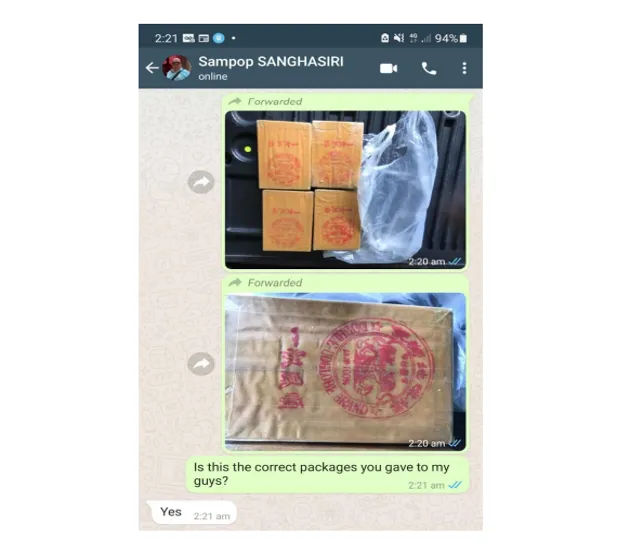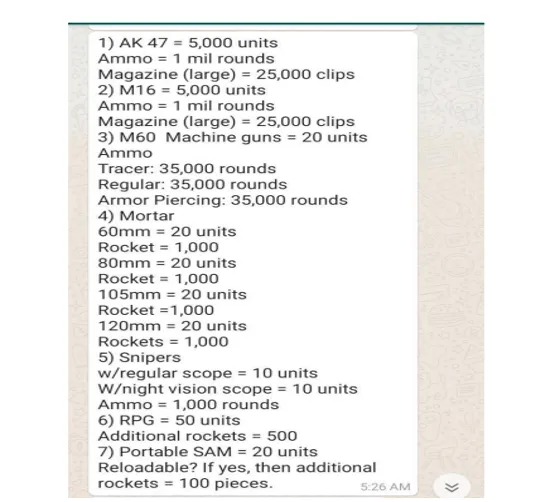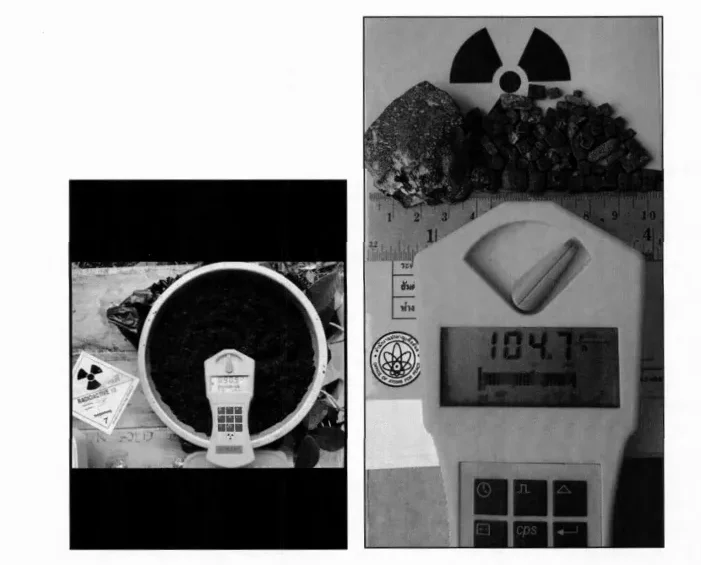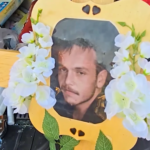Yakuza Leader Trafficked Nuclear Material, Narcotics and Weapons

Takeshi Ebisawa has pleaded guilty to participating in a conspiracy to traffic nuclear materials from Burma and other charges. Photo credit: U.S. Attorney.
This comes after Ebisawa and his co-conspirators, Somphop Singhasiri, a Thai national; Suksan Jullanan, a.k.a. Bobby, a United States and Thai national; and Sompak Rukrasaranee, a Thai national, were all arrested in April 2022, according to the DOJ press release of April 7, 2022. Ebisawa was charged further in a superseding indictment issued on Feb. 21, 2024.
Ebisawa pleaded guilty to 6 counts in the superseding indictment and faces up to life in prison.
Yakuza Boss
The DEA started investigating Ebisawa in 2019, as he was a leader in the Japanese crime organization the Yakuza, according to the complaint. The DEA believed Ebisawa had a connection with a large weapons and narcotics trafficking scheme.
During the investigation, a confidential source, acting under the direction of the DEA, met with Ebisawa about getting weapons to the rebels fighting in Myanmar against the Myanmar government, according to the complaint. Ebisawa told the source that the rebels could give him Methamphetamine and heroin in return.
Undercover Cop
The source introduced Ebisawa to an undercover DEA agent who posed as a narcotics and weapons trafficker during a meeting in Bangkok, Thailand, according to the complaint. Not knowing that he was dealing with the DEA, Ebisawa offered to broker the deal between the undercover agents and the rebels.
In February 2020, Ebisawa introduced the source and undercover agent to Singhasiri, a.k.a. “Sampo,” the Yakuza leader in Thailand, to talk about the transaction of weapons and narcotics, according to the complaint.
In a March 2020 meeting, Singhasiri told the source that he shipped the heroin to America in rice and noodle boxes and shipped the Meth to Australia, and the source put Singhasiri in contact with the undercover agent, according to the complaint. They discussed doing business for over a year, but couldn’t travel to meet due to COVID-19 restrictions.
On June 16, 2021, Singhasiri had a material exchange with another source directed by the DEA in a Bangkok hotel, which was surveilled by law enforcement, according to the complaint. Another transaction was made with another source on Sept. 27, 2021, in the garage of the same hotel. The source sent a WhatsApp message to Singhasiri to confirm.

All the narcotics obtained in the transactions were given to the DEA, who field-tested them to ensure the drugs were real, according to the complaint.
Weapons and Ammo Wish List
In exchange for the drugs, Ebisawa discussed with the source and the agent about supplying weapons like rockets, machine guns, and automatic weapons, sending a list of his wishes through WhatsApp, the complaint details.

Ebisawa introduced the first source to Julianan and Rukrasranee, and the source connected them with the undercover agent who discussed the exchange of weapons for narcotics, according to the complaint.
Ebisawa also told the source and agent that he had large amounts of nuclear materials, like uranium and thorium, according to the indictment.

Ebisawa inquired about a buyer for the nuclear material numerous times to the source and was even willing to sell it in exchange for weapons.
Discover More Muck
Why George Floyd Got Justice But Jonathan Rodgers Got Forgotten
Report John Lynn | Aug 27, 2025

Card Cracker Turned Carjacker Sentenced to Six Years
Report Strahinja Nikolić | Feb 28, 2025

Weekly Muck
Join the mission and subscribe to our newsletter. In exchange, we promise to fight for justice.
Weekly
Muck
Join the mission and subscribe to our newsletter. In exchange, we promise to fight for justice.





